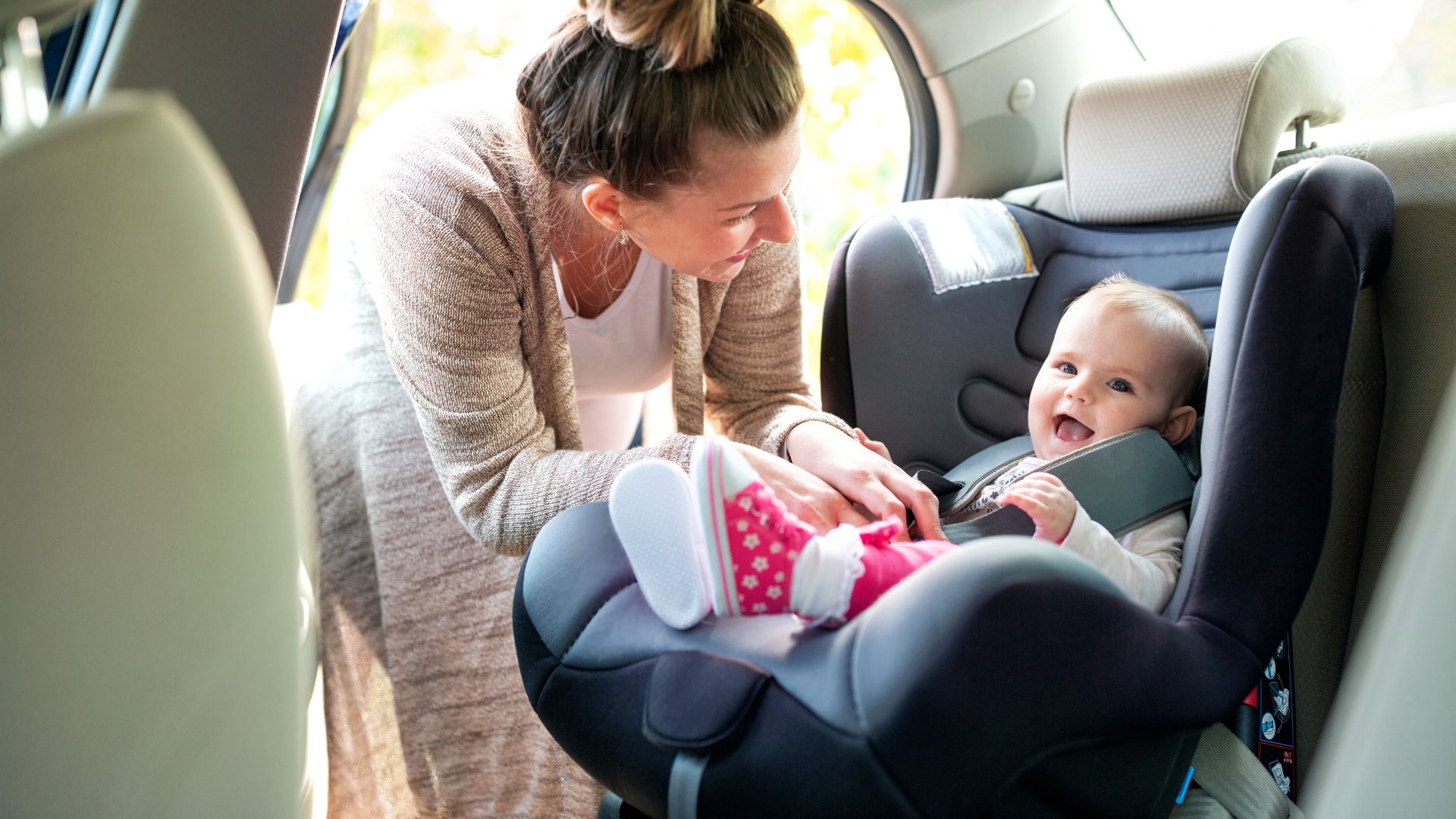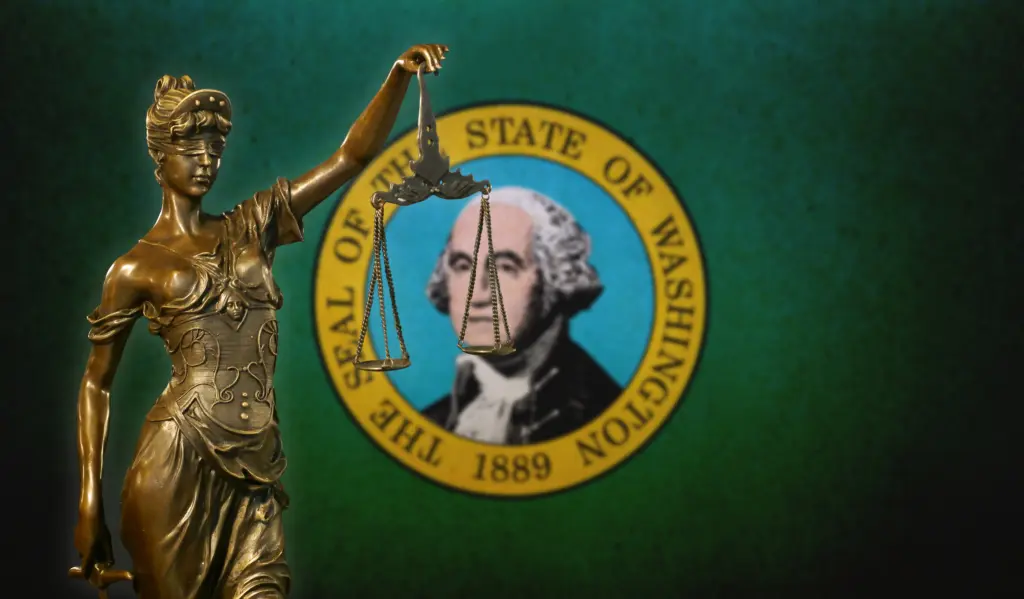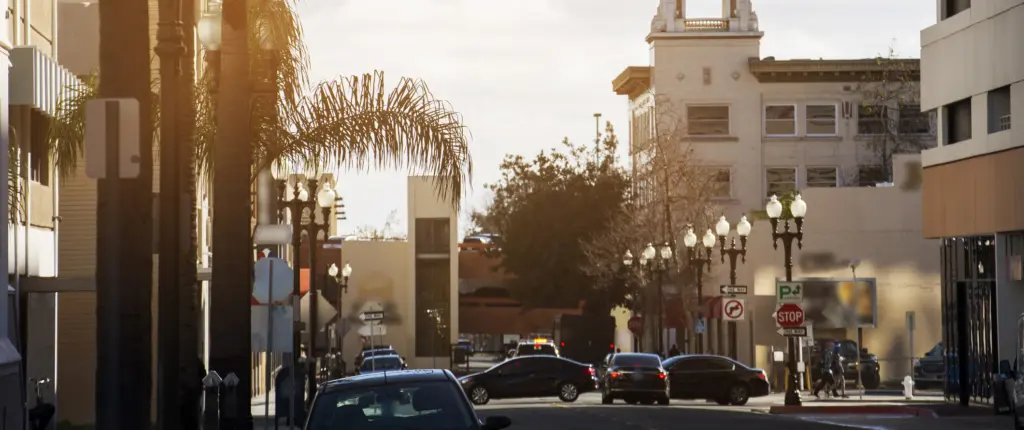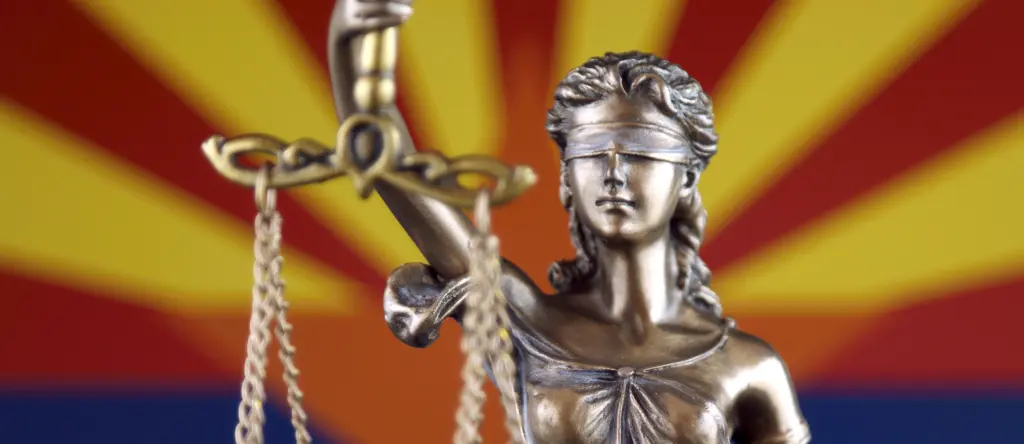When it comes to child safety and protection on the road there are a number of things parents and guardians can implement to ensure that their child is safe and secure in the car. Booster seats are one of the most important items that every parent needs because without it, their child could not only suffer serious or fatal injuries, but they may face a series of fines and penalties that may affect their driving privilege and their ability to properly care for their child. Which begs the question “What are Nevada car seat laws?”
What Are the Booster Seat Laws in Nevada?
Nevada’s car seat laws are outlined in Nevada Revised Statutes 484B.157, which mandates the proper use of child restraint systems such as car seats and booster seats. To be more specific, the law states that all children younger than six years old and shorter than 57 inches are required to be secured in a car seat and children who are younger than two years old must be secured in a rear facing car seat in the back seat of a car. If any driver is pulled over for not properly using the appropriate measures to secure their child in a moving vehicle, then they may be subjected to a series of fines and penalties.
What Are the Different Types of Car Seats Available?
There are three main types of car seats that parents and caregivers can use to properly secure their child inside a car, Rear-facing seats, Forward-facing seats, and Booster seats. Rear-facing seats are seats that are placed in the back seat of the car and are facing towards the trunk. These types of seats are designed for newborns and infants and these seats offer the best protection for an infant’s head, neck, and spine in the event of a collision, because it absorbs all of the impact in the event of a car accident.
Forward-facing car seats are car seats that are placed in the back seat of the car, but are facing forward with a harness. These seats are meant for children who outgrow a rear-facing seat and require more space and leg room. These seats should be used until the child exceeds the manufacturers height and weight limits and once they do they can transition to booster seats.
Booster seats are seats that raise the child to a height level so that they are able to wear the car’s seat belt correctly. While booster seats offer the least amount of protection compared to the other two, children by this point should have developed stronger bones and organs that can withstand more force and impact and should be able to recover properly should they experience a car accident. As all three seat types are highly dependent on the age of your child, these car seats should be changed accordingly because if not, it can affect the comfort and security of your child.
Is It Illegal to Use Expired Car Seats in Nevada?
There is no specific law that prohibits the usage of expired car seats in Nevada, however, it is strongly recommended that parents avoid using them. To many people’s surprise, car seats have an expiration date of anywhere between six to ten years, and this is largely in part of the fact that the materials used in these seats degrade over time and through standard wear and tear. As a result, expired and old car seats become less effective to protect children in the event of a car crash.
Although using an expired car seat may not lead to legal penalties, doing so could result in your child suffering severe injuries such as a brain injury, spinal cord injury, or even an internal injury. Many organizations such as the National Highway Traffic Safety Administration recommends that parents follow the manufacturer’s guidelines for car seat usage to ensure that your child’s car seat is functioning at its best.
Do You Need a Car Seat in a Taxi in Nevada?
According to Nevada Revised Statutes 484B.157, Nevada’s car seat laws do not apply to taxis, limousines, and other types of public transportation vehicles. This means that legally, you do not need to use a car seat when riding in a taxi in cities like Las Vegas, Reno, Carson City, or Henderson.
Despite the legal exemption, it is always recommended to use a car seat or to bring a portable travel seat for your child whenever possible because it is the parent’s duty to ensure that they prioritize their child’s safety above all else. However, it is important to note that while the idea of bringing a booster seat everywhere you go may seem stressful and tiring, there are many compact and easy to transport seats available, making it feasible for parents to carry if they plan to use taxis frequently.
Can My Child Ride in an Uber Without a Car Seat in Nevada?
Nevada’s car seat law does not specifically address ride-sharing services like Uber and Lyft. However, Uber and Lyft generally adhere to the same car seat laws that apply to private vehicles. This means that if your child is under six years old, they must be secured in an approved car seat or booster seat while riding in an Uber or Lyft.
Fortunately, both Uber and Lyft offer an option for their passengers to request a ride with a car seat, if they do not have immediate access to one. While the extent and availability will be dependent on a case by case basis, it is best to check your options before you and your child request a ride.
What Is the Penalty for Violating the Nevada Car Seat Law?
If you are caught violating Nevada’s car seat law, the issuing officer can issue a fine that can range anywhere between $100 to $500 or be forced to perform 10 to 50 hours of community service for the first offense. For a second offense, the driver would be issued a fine anywhere between $500 to $1000 or be forced to perform 50 to 100 hours of community service. Should the driver be caught for a third offense, their driver’s license will be suspended anywhere between 30 to 180 days, and the severity of the punishment will be dependent on the issuing officer as well as the nature of the violation.
Drivers are able to reduce the severity of the penalty by attending and completing child restraint training programs. If drivers manage to complete the program within 60 days, the fine or community service may be waived or reduced depending on the severity of the violation and whether it was the first or second offense. With that in mind, if you are caught violating Nevada’s car seat law, there are several options available, however, it is recommended to abide by the law in the first place to avoid dealing with these penalties.
What Should I Do If I Have Been Ticketed for a Nevada Car Seat Violation?
If you have ticketed for a car seat violation in Nevada, it is highly recommended to pay the associated fines, perform community service for the allotted hours, or attend an educational program about car seat installation as soon as possible. If not, you are at risk to be subjected to additional fines and penalties that can not only affect your driving record, but possibly affect your ability to care for your children.
As Nevada car seat laws were implemented to protect children and infants from injuries and fatalities from a car accident, it is important that every driver follow these laws to ensure that you and your child are safe from any unfortunate accident that may occur.
However, if you have been involved in a car accident and would like to seek legal representation regarding the matter, then West Coast Trial Lawyers is here to help. Contact us today by calling (213) 927-3700 or by filling our contact form to schedule a free consultation with our compassionate and talented legal team.












































































